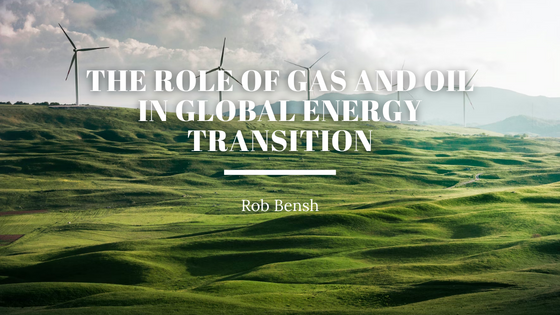The global energy transition towards renewable energy sources has gained significant momentum in recent years. However, gas and oil remain essential to meeting the world’s energy needs and will continue to play a significant role in the transition to a more sustainable energy future. In this blog, we will explore the role of gas and oil in the global energy transition and how the industry can contribute to a more sustainable energy future.
Gas and oil are still the primary sources of energy for transportation, heating, and electricity generation. Renewable energy sources such as wind and solar are growing rapidly, but they still only provide a fraction of the world’s energy needs. As the world’s population grows, so does the demand for energy, and gas and oil will continue to play a significant role in meeting this demand. However, the gas and oil industry must balance economic benefits with environmental responsibility to contribute to a more sustainable energy future.
The gas and oil industry can contribute to a more sustainable energy future by investing in research and development of new technologies to reduce greenhouse gas emissions. Technologies such as carbon capture and storage (CCS) can capture carbon dioxide emissions from industrial processes and store them underground, reducing greenhouse gas emissions. The industry can also invest in renewable energy technologies such as offshore wind and solar to diversify its energy portfolio and reduce its environmental footprint.
Another way the gas and oil industry can contribute to a more sustainable energy future is by improving efficiency and reducing waste. The industry can adopt best practices in energy efficiency, such as improving equipment performance and reducing energy consumption. The industry can also reduce waste by minimizing the amount of gas and oil flared or vented during extraction and production, which can significantly reduce greenhouse gas emissions.
Finally, the gas and oil industry can contribute to a more sustainable energy future by working collaboratively with other stakeholders, such as governments, communities, and civil society organizations. The industry can engage in dialogue and partnerships with these stakeholders to build trust, address concerns, and develop sustainable solutions.
In conclusion, gas and oil will continue to play a significant role in meeting the world’s energy needs as we transition towards a more sustainable energy future. The industry must balance economic benefits with environmental responsibility to contribute to this transition. By investing in new technologies, improving efficiency, reducing waste, and working collaboratively with stakeholders, the gas and oil industry can contribute to a more sustainable energy future.
